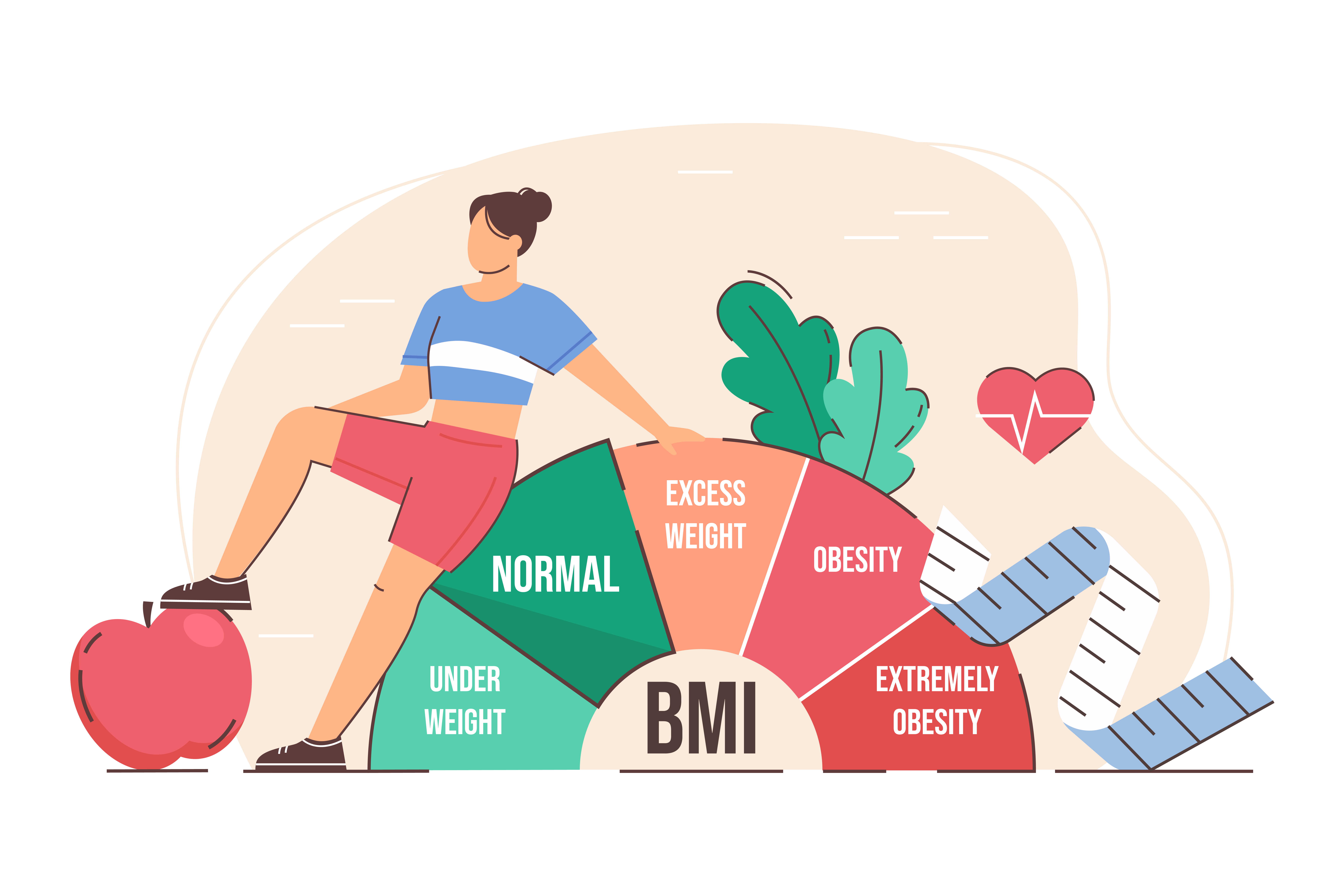Top 5 Mistakes to Avoid After Knee Replacement Surgery
Knee replacement surgery is a significant step toward regaining mobility and reducing pain caused by knee conditions. However, the success of the procedure also depends on how well you take care of yourself during the recovery period. To ensure a smooth and successful rehabilitation, it's crucial to avoid common mistakes that could hinder your progress. In this blog post, we'll highlight the top five mistakes to avoid after knee replacement surgery, helping you achieve a faster and more complete recovery.
1. Neglecting the Rehabilitation Exercises:
After knee replacement surgery, your surgeon will prescribe a customized rehabilitation program tailored to your specific needs. These exercises are crucial for your recovery as they help in several ways:
- Strengthening the Knee: Rehabilitation exercises aim to strengthen the muscles around your knee joint. A strong knee joint can bear weight more effectively and provide stability during daily activities.
- Improving Flexibility: Post-surgery, scar tissue can form around the knee, leading to reduced flexibility. Rehabilitation exercises help break down scar tissue and improve the joint's range of motion.
- Increasing Range of Motion: Knee replacement surgery can temporarily restrict your knee's range of motion. Regular exercises help regain full range of motion, allowing you to bend and straighten your knee more comfortably.
- Reducing Swelling: Proper exercises promote blood circulation, which can aid in reducing post-surgery swelling and inflammation.
To avoid this mistake, commit to your rehabilitation exercises diligently. Work closely with a physical therapist, who will guide you through the exercises and ensure you're doing them correctly. Performing your exercises as recommended will accelerate your recovery and help you get back to your regular activities sooner.
2. Overexerting Yourself Too Soon:
While rehabilitation exercises are essential, pushing yourself too hard, too soon, can be counterproductive. After knee replacement surgery, your body needs time to heal and adjust to the new joint. Overexertion can lead to various complications:
- Increased Pain and Swelling: Overdoing activities may cause increased pain and swelling, delaying your recovery process.
- Implant Complications: Intense activities too early in the recovery period can put excessive stress on the new joint, leading to implant-related issues.
- Risk of Falls: Excessive strain on your knee may result in instability, increasing the risk of falls and injuries.
To avoid this mistake, follow the guidance of your medical team. Gradually progress your exercises and activities as your knee heals and gains strength. Listen to your body; if you experience unusual pain or discomfort, scale back your activities and inform your healthcare provider.
3. Ignoring Pain and Swelling:
It's common to experience some pain and swelling after knee replacement surgery. However, it's essential not to dismiss persistent or worsening symptoms. Ignoring such signs can be a mistake with serious consequences:
- Infection: Unexplained or worsening pain could indicate an infection, which requires immediate medical attention.
- Loosening of Implant: Ignoring persistent pain might overlook the early signs of implant loosening, a potentially serious complication.
- Other Complications: Dismissing unusual symptoms might hinder the timely identification and management of other post-surgery complications.
To avoid this mistake, stay vigilant about any changes in your pain or swelling levels. Keep track of your symptoms and report them to your medical team during follow-up appointments. Early detection and intervention can prevent minor issues from developing into more significant problems.
4. Neglecting Weight Management:
Maintaining a healthy weight is crucial for the long-term success of knee replacement surgery. Excess weight places additional stress on the new joint, which can lead to several issues:
- Increased Wear and Tear: The more weight the knee joint has to support, the faster the implant may wear out, potentially requiring a revision surgery sooner than expected.
- Slower Recovery: Excess weight can strain the healing tissues and delay your recovery process.
- Limited Mobility: Being overweight can hinder your ability to engage in physical activities, limiting your overall mobility and quality of life.
5. Disregarding Post-Surgery Precautions:
- Avoiding Certain Movements: Some activities, like twisting or pivoting on the affected leg, can stress the implant or disrupt the healing process. Following the recommended movements will prevent potential damage.
- Using Assistive Devices: Initially, you may be advised to use crutches, walkers, or canes to help with stability and balance during the recovery phase. Neglecting these devices prematurely may increase the risk of falls.
- Sitting Posture: Crossing your legs while sitting can strain the new knee joint and should be avoided.
Conclusion:
By understanding and avoiding these common mistakes after knee replacement surgery, you can significantly enhance your chances of a successful and smooth recovery. The key is to strike a balance between following your prescribed rehabilitation program and respecting your body's limitations. Open communication with your medical team and a proactive approach to your recovery journey will contribute to regaining mobility and enjoying a better quality of life with your new knee joint.





Comments
Post a Comment